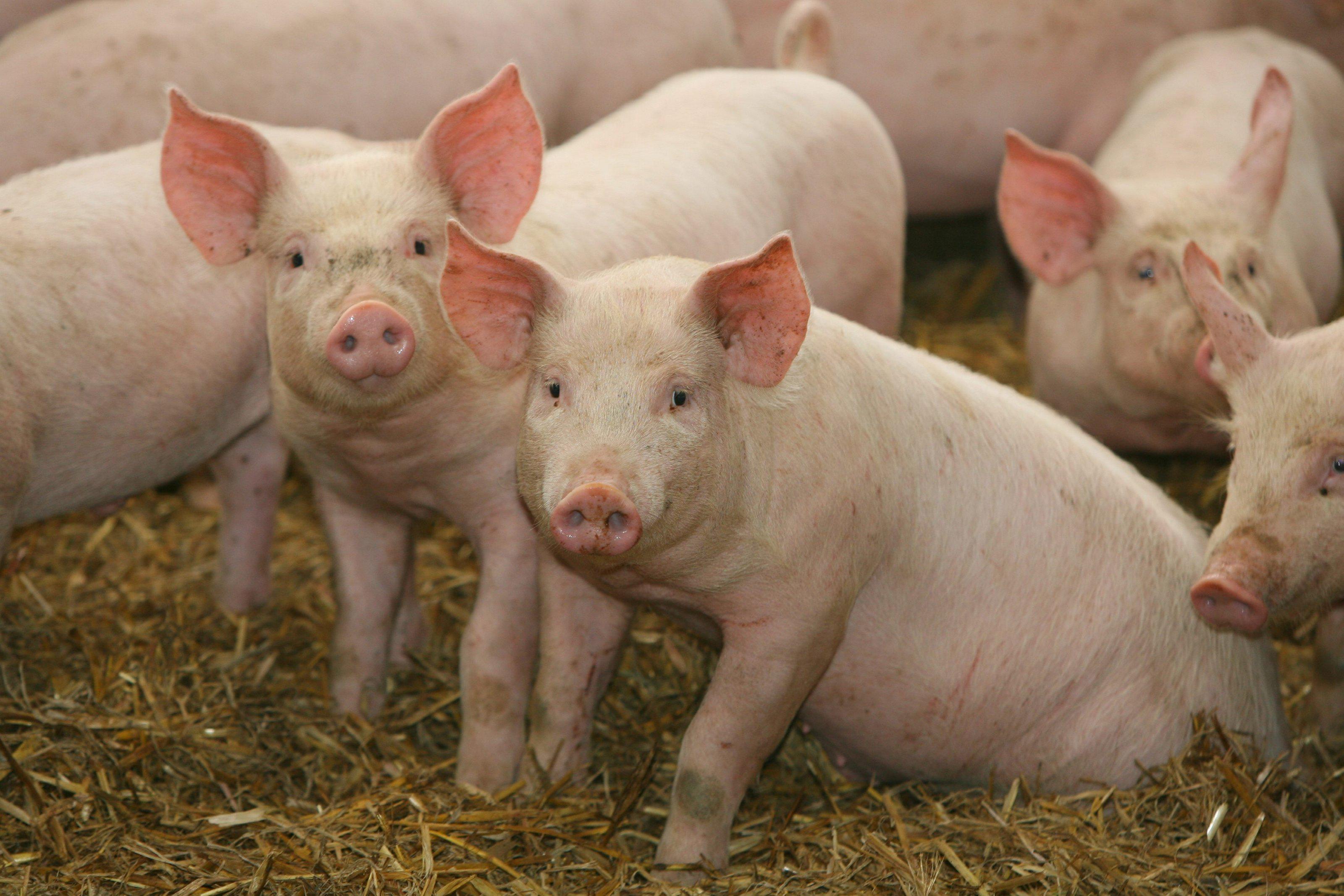Goat testicles in men, human organs in pigs: the past and future of xenotransplantation
By Angela Chen,
The Verge
| 06. 16. 2017
The road to growing organs in pigs is paved with ethical questions
In 2003, a South Korean company called Maria Biotech announced its newest success: it had created mouse embryos with human cells in them.
The idea is that the mice could be born with human cells in all their tissues, and this would make them more accurate animal models for research. The problem came when a reporter asked whether there would truly be human cells in every tissue. (Yes.) Does that include human cells in ovaries and testes? (Presumably, yes.) So what happens if two of these mice get together, and a human sperm meets a human egg in the Fallopian tube of a mouse?
“That ended the project,” says Kevin FitzGerald, a bioethicist at Georgetown University. The scenario described by the reporter was almost certainly impossible, but the incident represents some of the ethical questions around transplanting organs between species, or xenotransplantation.
There’s a big organ shortage, and xenotransplantation has long been floated around as a possible solution. Once, attempts at xenotransplantation meant putting chimpanzee...
Related Articles
By Julia Métraux, Mother Jones | 02.10.2026
Why was Jeffrey Epstein obsessed with genes? In the latest tranche of Epstein records and emails made available by the Department of Justice, themes of genes, genetics, and IQ—alongside more explicit threads of white supremacy—keep cropping up, often adjacent to Epstein’s...
By Teddy Rosenbluth, The New York Times | 02.09.2026
Dr. Mehmet Oz has urged Americans to get vaccinated against measles, one of the strongest endorsements of the vaccine yet from a top health official in the Trump administration, which has repeatedly undermined confidence in vaccine safety.
Dr. Oz, the...
By Ava Kofman, The New Yorker | 02.09.2026
1. The Surrogates
In the delicate jargon of the fertility industry, a woman who carries a child for someone else is said to be going on a “journey.” Kayla Elliott began hers in February, 2024, not long after she posted...
By Alex Polyakov, The Conversation | 02.09.2026
Prospective parents are being marketed genetic tests that claim to predict which IVF embryo will grow into the tallest, smartest or healthiest child.
But these tests cannot deliver what they promise. The benefits are likely minimal, while the risks to...




